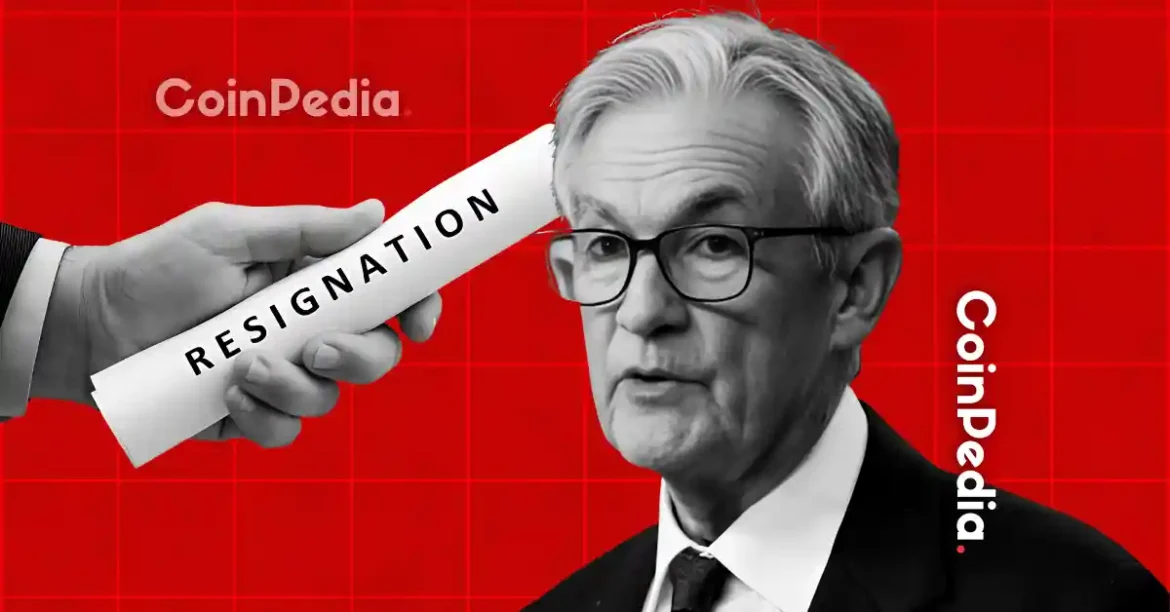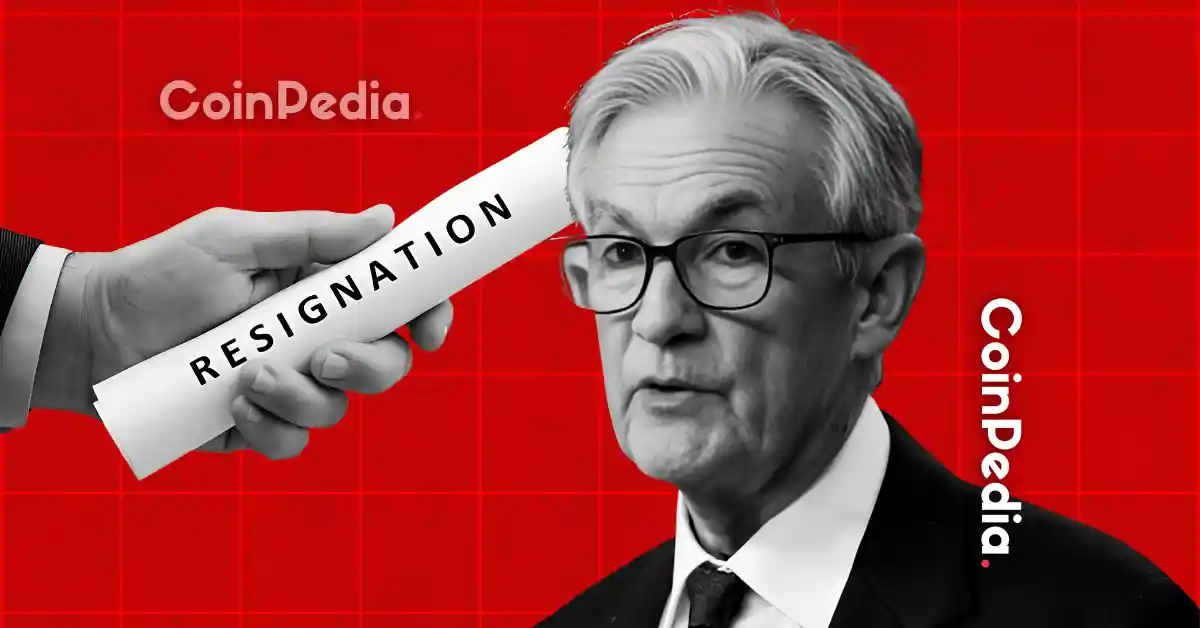The Curious Case of the Purported Powell Resignation: A Deep Dive into AI-Generated Disinformation
The digital age has ushered in an era where information spreads at the speed of light, but so does misinformation. The recent incident involving a fake resignation letter attributed to Federal Reserve Chair Jerome Powell is a stark reminder of the challenges we face in distinguishing fact from fiction. This episode, which gained traction across social media and even ensnared a U.S. Senator, underscores the ease with which AI-generated content can deceive and the potential for such disinformation to disrupt markets and sow political discord.
A Letter That Never Was: The Anatomy of a Hoax
The saga began with the circulation of a letter purporting to be from Jerome Powell, announcing his resignation as Chair of the Federal Reserve. The letter quickly gained traction, particularly within conservative circles, fueled by pre-existing tensions between Powell and figures like former President Donald Trump, who has been critical of the Fed’s monetary policy decisions.
However, the authenticity of the letter was almost immediately called into question. Seasoned observers noted the absence of any official announcement from the Federal Reserve or Powell himself. Fact-checks swiftly debunked the letter, revealing it to be a fabrication likely generated using artificial intelligence. The incident highlights the increasing sophistication of AI-driven disinformation. The ability to create realistic-looking documents, complete with convincing language and formatting, poses a significant threat to public trust and institutional credibility.
Senator Lee and the Perils of Unverified Information
Perhaps the most striking aspect of this episode was the temporary duping of U.S. Senator Mike Lee. The Senator shared the letter online, only to retract it shortly after as its falsity became apparent. While Senator Lee’s office has not issued a specific statement detailing why the Senator believed the letter was legitimate, the incident serves as a cautionary tale about the importance of verifying information before disseminating it, regardless of the source or perceived credibility.
For a sitting U.S. Senator to be misled by an obvious forgery raises serious concerns about the information environment in which our leaders operate. If those entrusted with making critical decisions are susceptible to such deceptions, the potential consequences for policymaking and governance are profound. This incident underscores the need for enhanced media literacy and critical thinking skills among public officials and the general public alike.
Trump’s Shadow and the Fed’s Independence
The incident also throws into sharp relief the ongoing tension between political actors and the Federal Reserve. Former President Trump has repeatedly criticized the Fed and Powell, urging them to lower interest rates to stimulate economic growth. These criticisms, coupled with reports that Trump had considered firing Powell, have raised concerns about the Fed’s independence.
The independence of the Federal Reserve is a cornerstone of U.S. economic policy. It allows the central bank to make decisions based on economic data and analysis, free from political pressure. Any perception that the Fed is susceptible to political influence could undermine its credibility and effectiveness. While Trump is not the only voice calling for Powell’s removal, the sustained nature of the attacks from the former President’s circles has added a layer of complexity to the situation. The fake resignation letter, in this context, can be viewed as a manifestation of the desire among some political actors to see a change in leadership at the Fed.
The Market’s Response: A Measured Calm
Despite the initial stir caused by the fake resignation letter, the market’s response was relatively muted. This suggests that investors largely dismissed the letter as a hoax and remained confident in Powell’s leadership. However, the incident serves as a reminder of the potential for disinformation to trigger market volatility. A more credible or well-timed fake announcement could have a far more significant impact on asset prices and investor sentiment.
Moreover, the quick debunking of the claim is a good sign that market participants are growing more savvy about identifying misinformation. Sophisticated investors have systems in place to verify news claims before reacting to them. This incident highlights the importance of robust fact-checking mechanisms and the need for continuous vigilance in the financial markets.
The Implications for the 2024 Election Cycle
The fake Powell resignation letter also has implications for the upcoming 2024 election cycle. In an environment where disinformation is rampant, voters need to be more vigilant than ever in verifying the information they consume. Candidates and campaigns also have a responsibility to ensure that the information they disseminate is accurate and truthful.
The incident underscores the need for media literacy education and for social media platforms to take more aggressive steps to combat the spread of disinformation. Failure to address these challenges could undermine the integrity of the electoral process and erode public trust in democratic institutions. As we approach the election, it is crucial to foster a culture of critical thinking and skepticism towards unverified information.
A Wake-Up Call for the Information Age
The Jerome Powell fake resignation letter is a wake-up call. It highlights the vulnerability of our information ecosystem to manipulation and the potential for disinformation to disrupt markets, influence political discourse, and erode public trust. Moving forward, it is essential to strengthen our defenses against disinformation through a multi-pronged approach:
- Enhanced Media Literacy: Equip individuals with the critical thinking skills necessary to evaluate information and identify potential sources of disinformation.
- Robust Fact-Checking: Support independent fact-checking organizations and promote their work to a wider audience.
- Social Media Accountability: Hold social media platforms accountable for the content they host and require them to take more proactive steps to combat the spread of disinformation.
- Government Initiatives: Develop government initiatives to counter disinformation, while safeguarding freedom of speech and avoiding censorship.
- AI Detection Tools: Invest in research and development of AI-powered tools that can detect and flag AI-generated disinformation.
Guarding the Truth in a Digital World
The digital age presents unprecedented challenges to the integrity of information. The Jerome Powell incident serves as a potent reminder that vigilance, critical thinking, and a commitment to truth are more crucial than ever. As technology advances, so too must our ability to discern fact from fiction, lest we find ourselves adrift in a sea of disinformation with no compass to guide us. The path forward requires a collective effort to safeguard the truth and ensure that our information ecosystem remains a beacon of reliability and trust.





